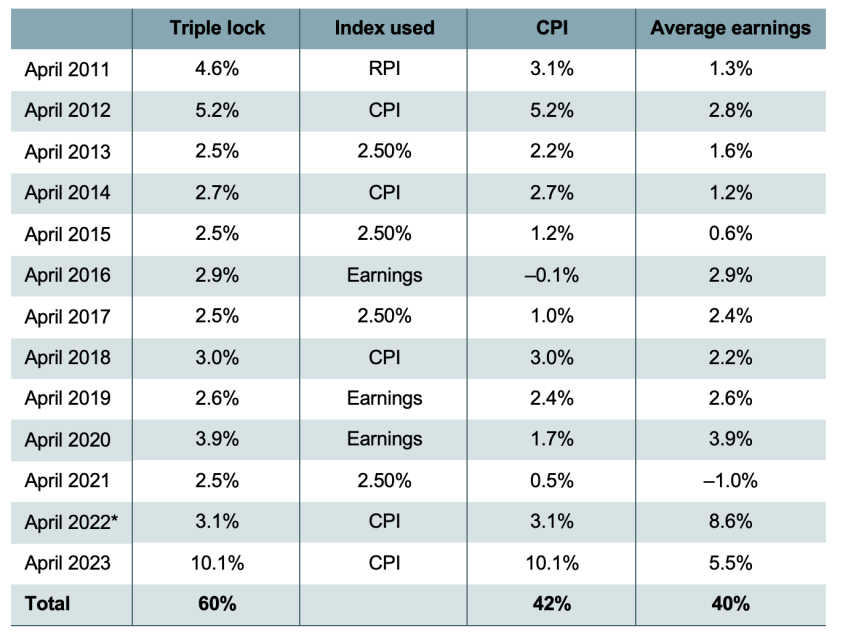I’ve said almost nothing about the election that’s currently taking place in the UK. The parties have not been sufficiently interested to want to engage in debate on any of the issues I happen to think, however eccentrically, are important: issues like primary care, social security, housing, access to law or schooling.
Two things are getting in the way. The first is the contention that everything in a manifesto has to be fully costed. I find it baffling that everything has to be costed: none of the parties seems ready to say directly, ‘these are our values’, giving a sense of purpose or direction for the period they propose to be in office. Specific costings may be good for two or three months, but then an incoming government will need to look at conflicting claims about priorities and their objectives will have to be revised, manged and reconsidered. The convention on manifestos is mainly important because they lead to an effective veto on revision by the Lords, and the more limited the commitments, the less will be certain of passing.
The second problem is the obsession with personalities – the delusion that we are voting for a Prime Minister. Wake up: this is not the way our system works. If you voted for Cameron in 2015, you got May. If you voted for May in 2017, you got Johnson. If you voted for Johnson in 2019, you got Truss and Sunak. There’s an obvious defence for Starmer against the criticism that he was campaigning for Corbyn to be Prime Minister: no-one in our country should ever assume that they’re campaigning for a leader. You vote for a party, and a party is a team.
I part company with most parties when it comes to priorities. The Labour Party has adopted a slogan long associated with the political right-wing, that security is “the first duty of any government.” That formula runs back to Thomas Hobbes and Adam Smith. It’s a common rhetorical ploy to claim that one thing is so essential that it comes before everything else – the Greens make equally strong claims about climate change, the Club of Rome used to do it about finite resources – and they’re just as invalid, for the same reason – no government in the world does just one thing. There are lots of other preconditions for the continued existence of a society which could just as plausibly be claimed – health, education, family life, international cooperation, economic growth, action against poverty, and so on. Defence is only one duty of many. I don’t think there’s any government in the world that doesn’t think it is also responsible for economic policy, and nowadays the vast majority of governments around the world have social policies extending to health care, education and cash assistance. Are these really less important than defence? Let me offer an older principle, which is also to be found in Hobbes: Salus populi suprema lex – the welfare of the people is the highest law.
I’m not going to try to write a manifesto here, but if you look at the previous entry on my blog, you’ll find a plausible substitute. Policies for health, education, housing and social security are all discussed in my book, How to fix the welfare state.
